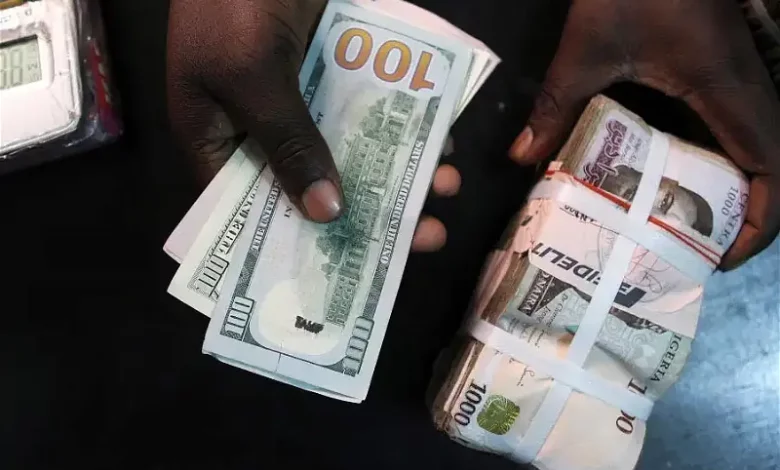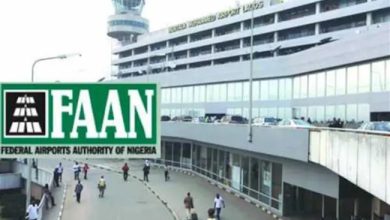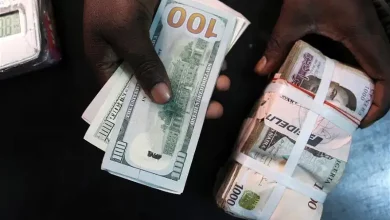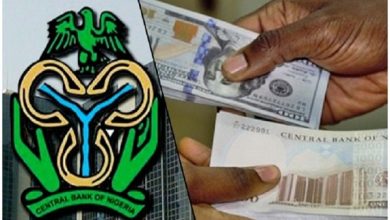Dollar To Naira Rate (Black Market)

As of today, January 16th, 2025, the Nigerian naira has depreciated to an unprecedented level in the parallel market, where the US dollar is now exchanging for a staggering N1,660. This grim milestone underscores the escalating currency crisis plaguing Nigeria, as the naira continues its downward slide in the black market.
For many Nigerians, the parallel market, often referred to as the “black market,” has become a necessary stop for accessing foreign currency. Bureau de Change (BDC) operators, who drive the black market, have been instrumental in setting the daily rates, providing a lifeline for individuals and businesses unable to access foreign currency through conventional banking channels.
The disparity between the official rate set by the Central Bank of Nigeria (CBN) and the black market rate continues to widen. At the official rate, the naira currently exchanges at N1,554 per dollar. This divergence illustrates the country’s deep-rooted economic issues and highlights the increasing scarcity of foreign exchange reserves.
For today’s transactions in the black market, the buying rate for the dollar stands at N1,655 while the selling rate has hit N1,660. Such volatility points to the pressures within Nigeria’s foreign exchange system, where demand far outpaces the limited supply, leaving the naira in a precarious state.
Nigeria’s economic conditions continue to play a critical role in the erratic fluctuations of the dollar-naira exchange rate in the black market. Speculation within the parallel market, coupled with government policies on foreign exchange, drives up the demand and reinforces a cycle of depreciation for the naira, whose value now seems increasingly fragile.
These economic challenges have only amplified in recent times, with Nigeria’s foreign exchange reserves dwindling to worrying levels. The shrinking reserves limit the CBN’s ability to support the naira effectively, causing Nigerians to turn increasingly to the parallel market for their foreign exchange needs.
Contrasting the black market’s rates, the CBN’s official exchange rate appears more stable. However, due to bureaucratic hurdles and limited accessibility, most Nigerians, especially small business owners and individuals, are compelled to rely on BDC operators for foreign currency, despite the inflated rates.
This significant gap between the CBN’s official rate and the parallel market rate suggests a currency market in turmoil. As Nigeria grapples with ongoing forex constraints, everyday consumers and business operators are forced to bear the brunt of skyrocketing exchange rates, straining their finances and reducing purchasing power.





